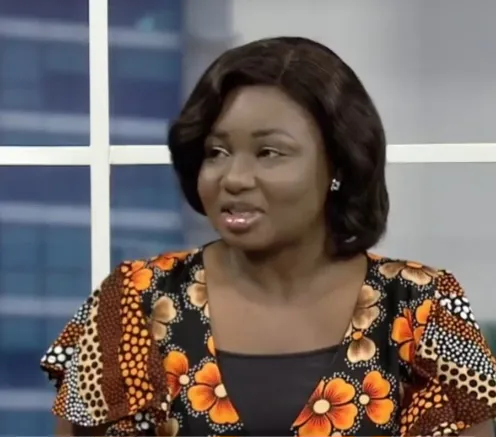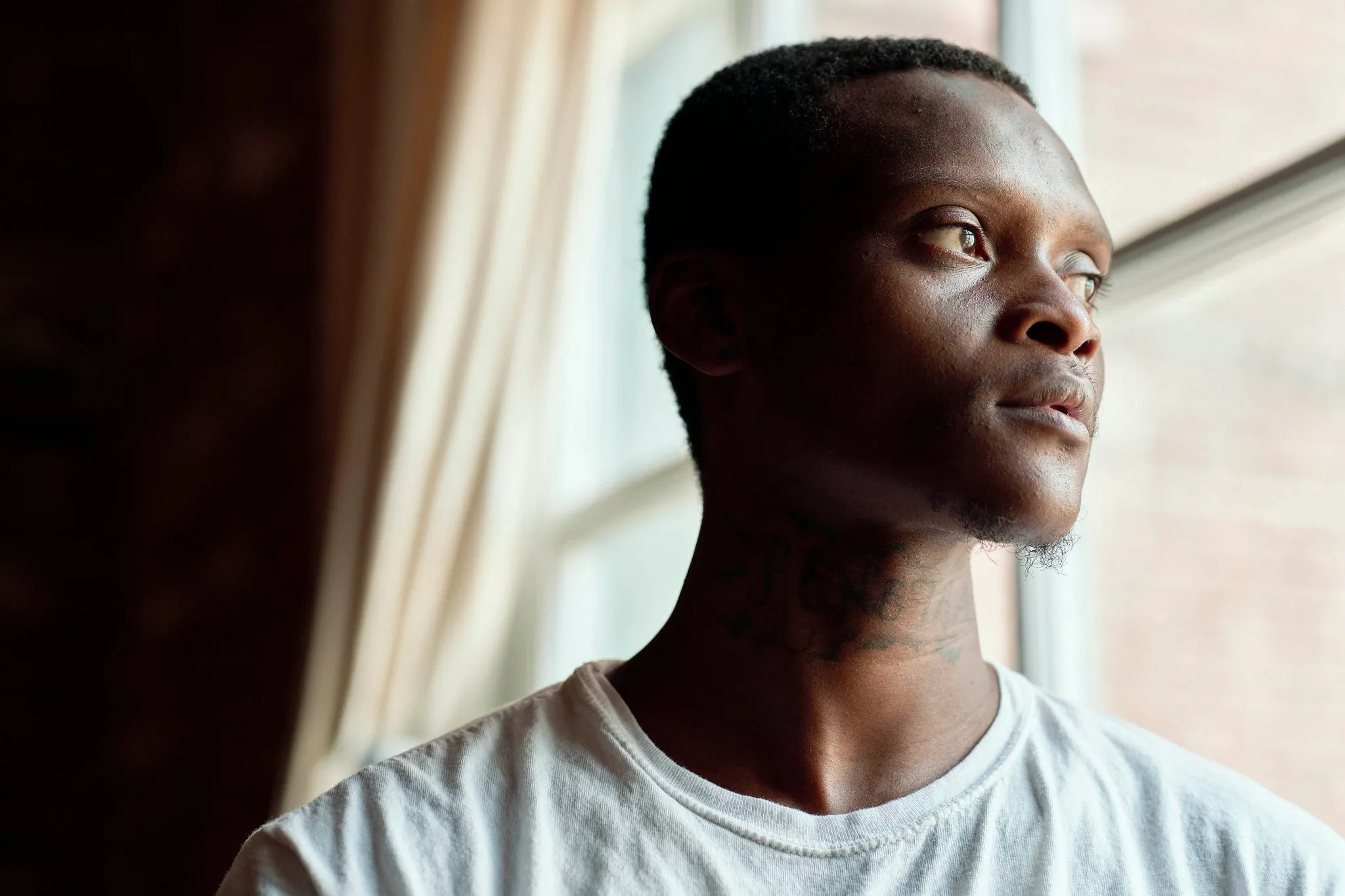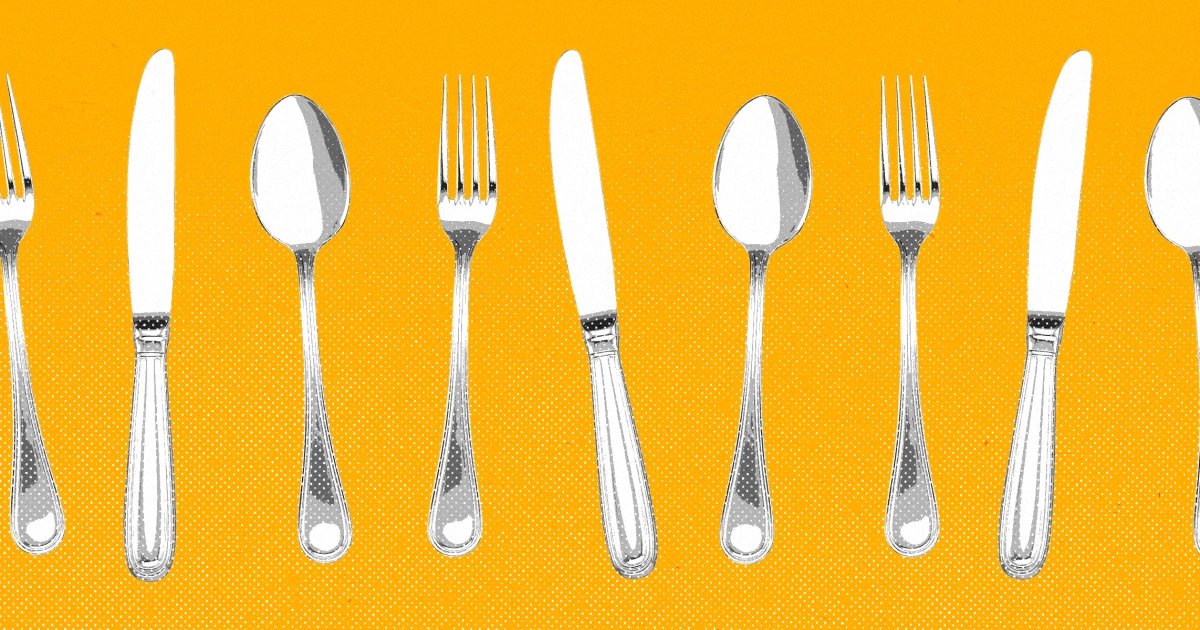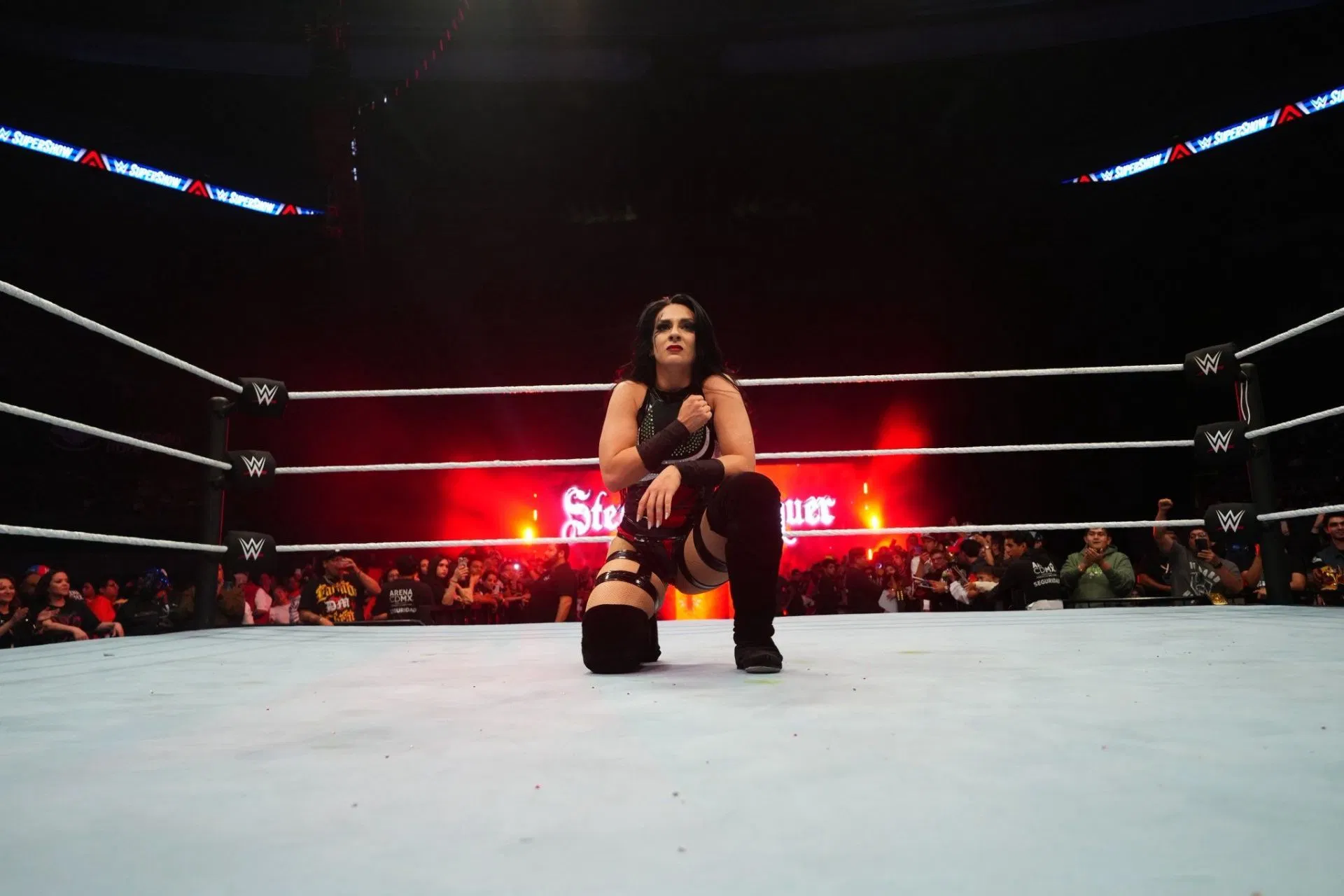By Jennifer Nerkie Kenney,Seli Baisie
Copyright gbcghanaonline

By Jennifer Nerkie Kenney
Childhood cancers remain a pressing health issue in Ghana, with a health expert stressing the urgent need for awareness and early detection. Speaking on GTV’s Breakfast Show on Tuesday, September 16, 2025, a pediatric oncologist at the Korle-Bu Teaching Hospital, Dr. Ernestina Shandoff, said September is globally dedicated to Childhood Cancer Awareness to encourage early diagnosis and improve survival rates.
She emphasized that childhood cancers are not a “death sentence” if detected early. According to her, cure rates can be as high as 80 percent when children are brought in promptly for treatment.
“Childhood cancers are really important, and they are actually very common. In developed countries, 80 percent of children get cured because most of them present quite early, so it doesn’t come with the death sentence people perceive,” Dr. Shandoff said.
“Globally, about 1,600 children are expected to be diagnosed with childhood cancers every year,” she added. In Ghana, however, doctors record roughly 500 cases, only one-third of the expected figure. Dr. Shandoff attributed this to late reporting, largely due to lack of awareness among both parents and healthcare workers.
She explained that the symptoms of childhood cancers are often subtle and can easily be mistaken for other illnesses. Warning signs include unexplained weight loss, persistent fever that does not respond to treatment, unusual body pains, or white spots in the eye that may indicate retinoblastoma, a highly curable eye cancer.
“Sometimes, parents may not know it’s cancer, and healthcare workers can also miss it because their suspicion is low. Even something like a child complaining of persistent headaches, changes in handwriting, or drooling from one side of the lips can be signs of a brain tumour. These are curable cancers if found early,” she noted.
Dr. Shandoff also highlighted that childhood cancers differ from adult cancers, as they are not caused by lifestyle choices but rather abnormal cell division during a child’s growth. This makes children respond better to chemotherapy than adults.
She further explained that environmental factors, such as exposure to heavy chemicals used in mining and industrial farming, may increase the risk of childhood cancers in certain communities.
“Studies have shown that children living in areas with heavy chemical use tend to have a higher likelihood of cancers, especially blood cancers like leukaemia. But in truth, any child, anywhere in Accra, the U.S., or China can get childhood cancer. That’s why awareness is so important,” Dr. Shandoff stressed.
Currently, only a few childhood cancers are covered under Ghana’s National Health Insurance Scheme (NHIS). Conditions such as brain tumours, now the second most common childhood cancer after leukaemia, remain outside insurance coverage, leaving many families struggling financially.
She added that treatment is not only about medicine but also nutrition, blood supply, and psychological support. In Ghana, blood shortages make it difficult to meet patient needs, prompting calls for corporate and public support in donations.
“Treatment can take anywhere from six months to two years, involving chemotherapy, surgery, or radiotherapy depending on the stage of the cancer. But stigma remains a huge barrier, as many families turn to herbal medicine first and come late, making treatment outcomes poor,” she said.
Dr. Shandoff concluded by urging parents and communities to take every unusual symptom in children seriously. She stressed that early detection not only saves lives but also reduces treatment intensity, financial costs, and emotional burdens on families.



